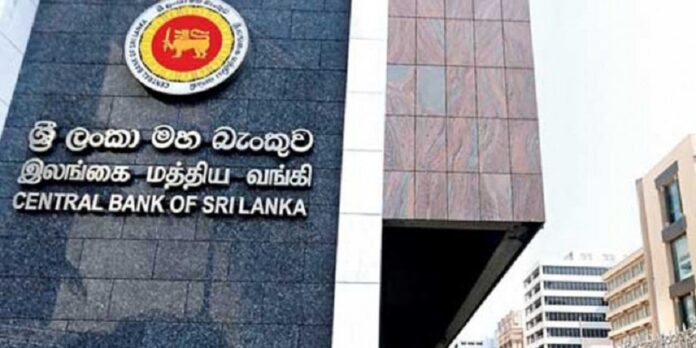In a recent revelation, Sri Lanka’s overall risk concerning money laundering and terrorism financing has been assessed as “medium” according to the national assessment conducted by the Financial Intelligence Unit of the Central Bank of Sri Lanka (CBSL).
This disclosure emerged as the Financial Intelligence Unit of the Central Bank of Sri Lanka (CBSL) published the sanitized report of the 2021/2022 National Risk Assessment on Money Laundering and Terrorism Financing.
The comprehensive assessment was developed through collaborative efforts between the CBSL’s Financial Intelligence Unit and various stakeholders from both the public and private sectors.
The National Risk Assessment pinpointed several key areas of concern. It identified drug trafficking, bribery, corruption, and customs-related offenses, including the laundering of trade-based proceeds, as the most prevalent predicate offenses, elevating the money laundering threat to a medium-high level.
Fraud, robbery, environmental, and natural resource crimes were noted to have a medium-level money laundering threat. Meanwhile, activities such as human smuggling or trafficking, tax offenses, illegal and unreported fishing, were assessed as having a medium-low money laundering threat, with counterfeiting of currency posing a lower threat.
The assessment extended to evaluating the money laundering risk within financial and designated non-financial businesses and professions. Notably, the Informal Money Remitting sector was identified as having a high risk.
The Real Estate sector, Banking sector, and Finance Companies were deemed to carry a medium-high risk. Money Value Transfer Services Providers, Stockbrokers, Primary Dealers, Casinos, Dealers in Precious Metals and Stones, Notaries, and Lawyers were categorized with a medium-level threat.
In contrast, Accountants, Trust and Company Service Providers, and Insurance service providers were found to have a medium-low-level threat of money laundering.
The Financial Intelligence Unit emphasized the critical importance of strong political commitment in addressing the national Anti-Money Laundering and Counter Financial Terrorism plan. Furthermore, understanding the current risk environment allows stakeholders to allocate resources effectively, particularly to high-risk areas, in order to safeguard the integrity of Sri Lanka’s financial system moving forward.
